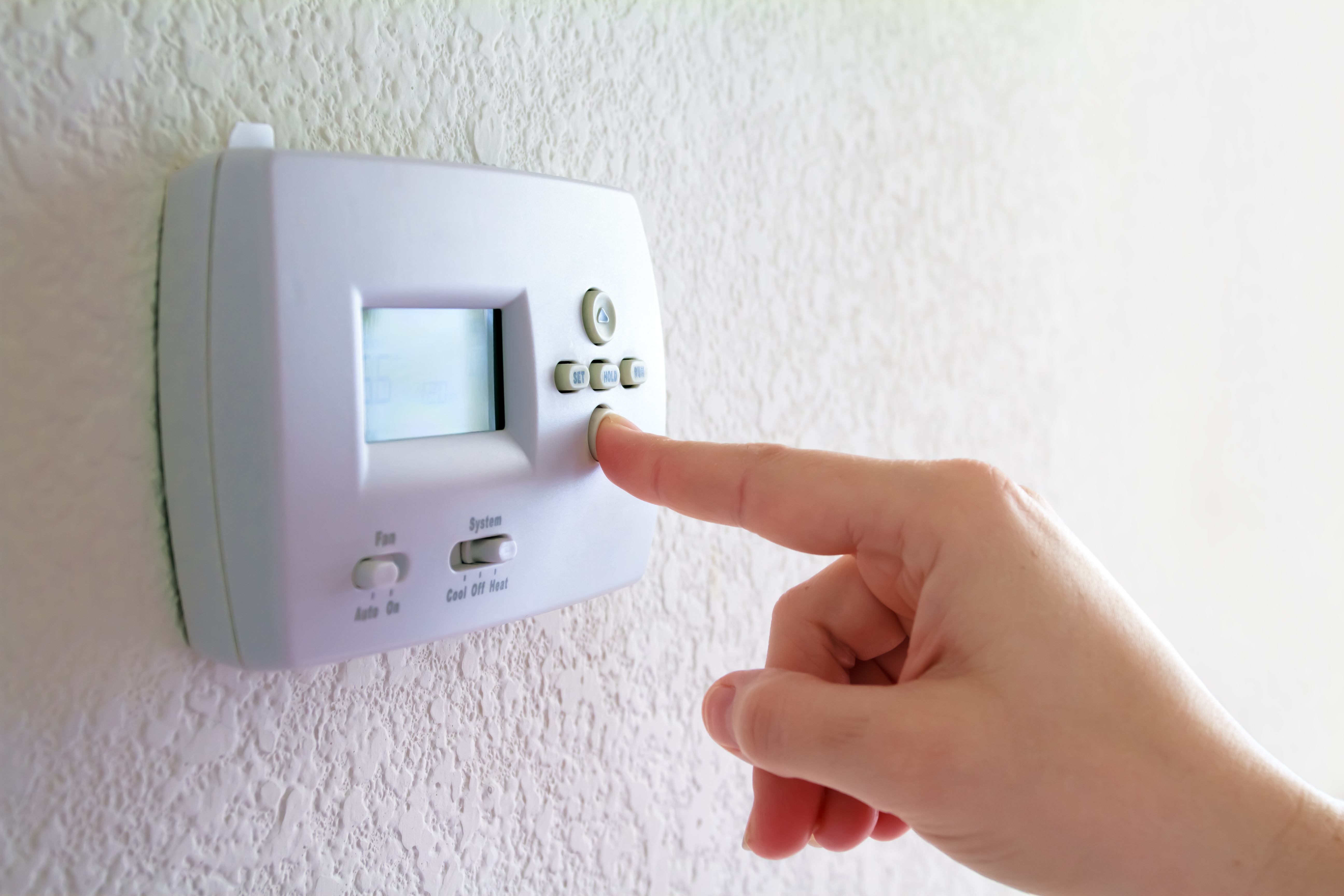Indoor Temperatures Can Affect The Brain Function Of Elderly People, Study Shows
New research is shedding light on how environmental factors, particularly indoor temperature, can affect brain function in older individuals. A study has revealed that deviations from an optimal temperature range can significantly increase the likelihood of attention difficulties.
According to researchers at the Hinda and Arthur Marcus Institute for Aging Research, older adults maintain the best attention performance when indoor temperatures are between 68–75 F (20–24 C). Outside this range, the risk of cognitive lapses doubles for every 7 F (4 C) variation.
These findings highlight how subtle changes in environmental conditions can profoundly affect brain function, particularly in individuals aged 65 and older and they underscore the disproportionate impact of temperature fluctuations on low-income and underserved older adults.
Many lack access to adequate cooling or heating systems, leaving them vulnerable to cognitive decline caused by environmental stressors. With climate change driving global temperatures to extremes, the cognitive health of these populations is increasingly at risk.

The year-long study monitored 47 older adults' home temperatures and their self-reported attention levels. Using this data, researchers linked deviations from the optimal temperature range to reduced cognitive performance. The results align with growing evidence that climate change affects physical health and brain function.
Addressing the effects of temperature on brain function requires proactive measures, the researchers say. They've proposed several solutions, including integrating smart home technologies to help regulate indoor temperatures efficiently.
Energy-efficient housing can also lower costs and ensure consistent comfort, while expanding access to cooling resources is essential for underserved communities. Beyond addressing physical health risks, public health interventions must focus on mitigating environmental impacts on mental and cognitive well-being.
As global temperatures continue to rise, safeguarding older adults' cognitive health demands immediate attention, especially as researchers struggle to find ways to control climate change, something the United Nations says we are failing at.
